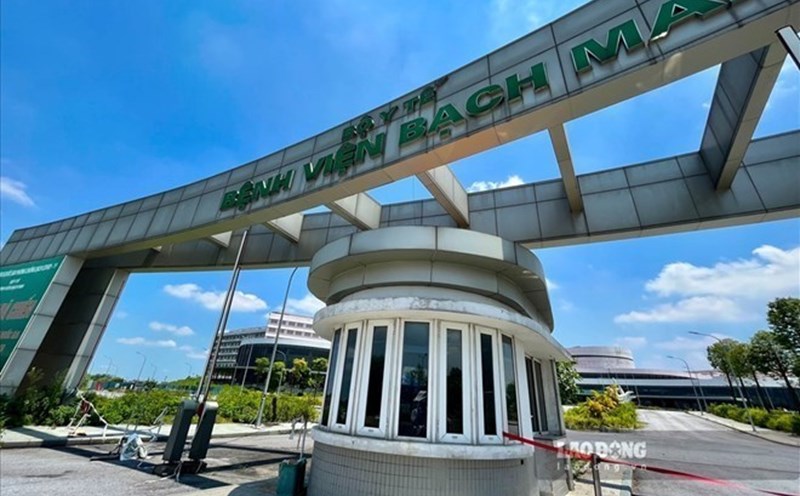The Indonesian Government's " Free Nutritional Meals" program, launched in January 2025, aims to improve nutrition and reduce bone spurs in children. To date, the program has served about 30 million pregnant students and women, with the goal of reaching 83 million people by the end of the year.
However, recently, the program has continuously encountered challenges when more than 6,000 food poisoning cases were reported across the country.
The number of cases increased since August, mainly in western Java, causing a strong wave of criticism from human rights organizations, parents and nutrition monitoring groups.
Faced with widespread pressure, President Prabowo admitted that there was a mistake: Yes, there was food poisoning. But when we calculated the total number of meals issued, the error was only 0.00017%." He said that despite the shortcomings, the program is still in the completion stage and will strengthen control.
The agency responsible for the program - the National Nutrition Agency - has apologized and admitted the lack of supervision in the operation. They also warned that the budget for the 2026 program could reach 335,000 billion rupiah (equivalent to 20 billion USD), three times the current spending level.

In fact, the number of food poisoning cases is not just a small number. In West Java, more than 1,000 students were poisoned in the past week, raising many concerns about food quality and kitchen management systems. Monitoring groups and non-governmental organizations called for the program to be suspended until the food safety system is strengthened.
Analysts assess that the Indonesian government is facing a difficult problem: If the program is implemented too quickly but without control, it will lead to a crisis of confidence; if suspended, poor people - especially children - will lose the much-needed support. Many people consider the free meal program a humane initiative, but it can only succeed if it goes hand in hand with high food safety standards and strict supervision.









